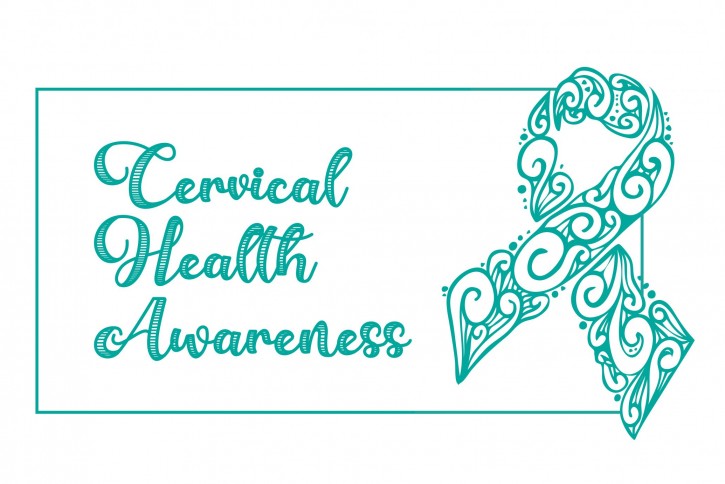
Article originally published January 26, 2021.
Cervical Cancer
Previously one of the most common causes of cancer death in American women, cervical cancer survival rates have increased dramatically with the increased use of Pap and HPV screening. Almost all cervical cancers are caused by HPV, which is why regular HPV testing is so important.
Cervical cancer is most common in women ages 35 to 44, though older women are still at risk of developing the disease.
Cervical cancer can be prevented by receiving the HPV vaccine and regular screening. The most common type of cervical cancer starts with pre-cancerous changes to the cells. Development of these pre-cancerous cells can be stopped either by finding and treating the cells before the change into invasive cancer or by preventing the pre-cancers.
Screening
There are two types of screenings to help prevent or find cervical cancer early – Pap test and HPV test. The Pap test looks for pre-cancerous cells that could turn into cervical cancer. HPV test checks for the virus that can lead to those cell changes.
The CDC recommends getting your first Pap test at 21, and every three years after that provided the results are normal.
Starting at 25, screening recommendations include three options:
- Receiving a Pap test only every three years, if results are normal.
- Receiving an HPV test only every five years, if results are normal.
- Receiving a Pap and HPV test together every five years, if results are normal.
Financial assistance for cancer screenings is available through the Ohio Department of Health’s Breast & Cervical Cancer Project. To find out if you qualify for no-cost screenings, contact our women’s health nurse navigator at 740-687-2727.
Prevention
HPV Vaccination
HPV (human papillomavirus) is a very common infection that causes genital warts and some cancers. There is no treatment for an HPV infection, but a vaccine can prevent it. Not only does vaccination prevent against HPV, it also lowers your risk of cervical and other cancers.
Did You Know?
![]()
The HPV vaccine is recommended for boys and girls ages 9 to 12. When given before your child is exposed to the virus, the vaccine is over 97% effective at preventing the types of HPV that cause most HPV cancers.
![]()
HPV is NOT uncommon. Four out of five people will be infected at some point in their lives. Most people are unaware they have been infected.
![]()
Nearly all cases of cervical cancer are caused by HPV. HPV also can cause throat, vaginal, vulval, penile and anal cancer.
![]()
There is no treatment for HPV. However, the vaccine can protect your from not only the virus, but the diseases it can cause.
Get the HPV vaccine to protect against HPV cancers. Speak to you or your child’s primary care provider for more information.
Even if you have been vaccinated against HPV, you should still be regularly screened for cervical cancer.
While thousands of women are diagnosed with invasive cervical cancer each year, the disease can be prevented through appropriate vaccination and regular screening. For more information on available screening options, contact our women’s health nurse navigator at 740-687-2727 or learn more here.
Sources: Centers for Disease Control and Prevention; American Cancer Society